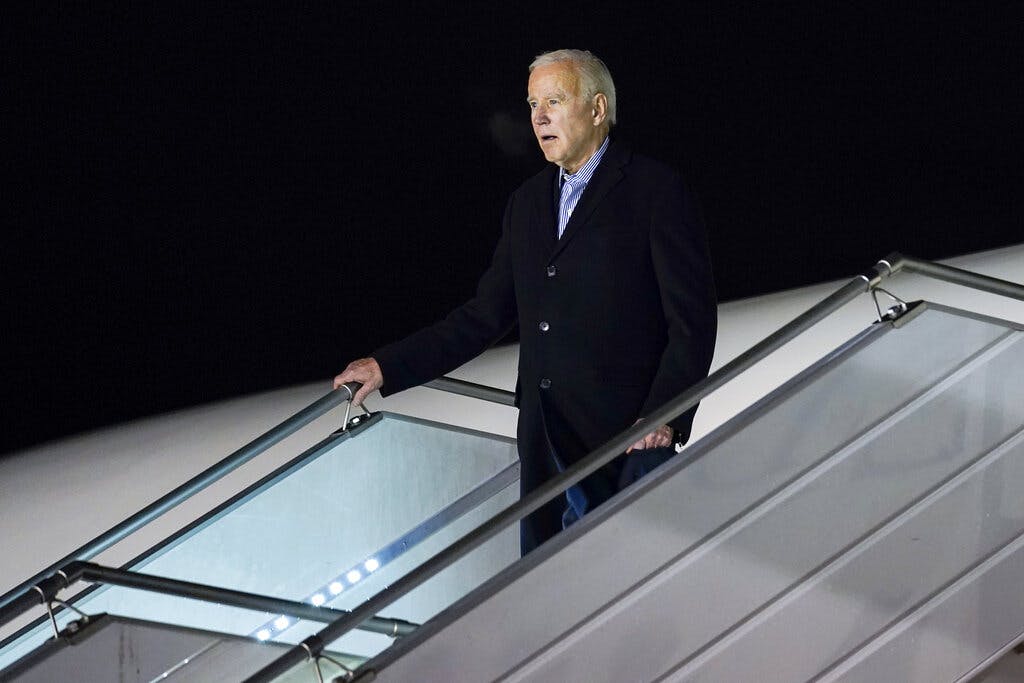
A Tale of Two Harvards
By THE NEW YORK SUN
|Almost a year after the Russian invasion, where does that leave Washington?

Already have a subscription? Sign in to continue reading

By THE NEW YORK SUN
|
By BENNY AVNI
|
By GEORGE WILLIS
|$0.01/day for 60 days
Cancel anytime
By continuing you agree to our Privacy Policy and Terms of Service.